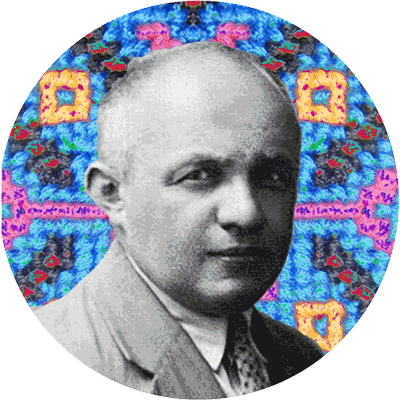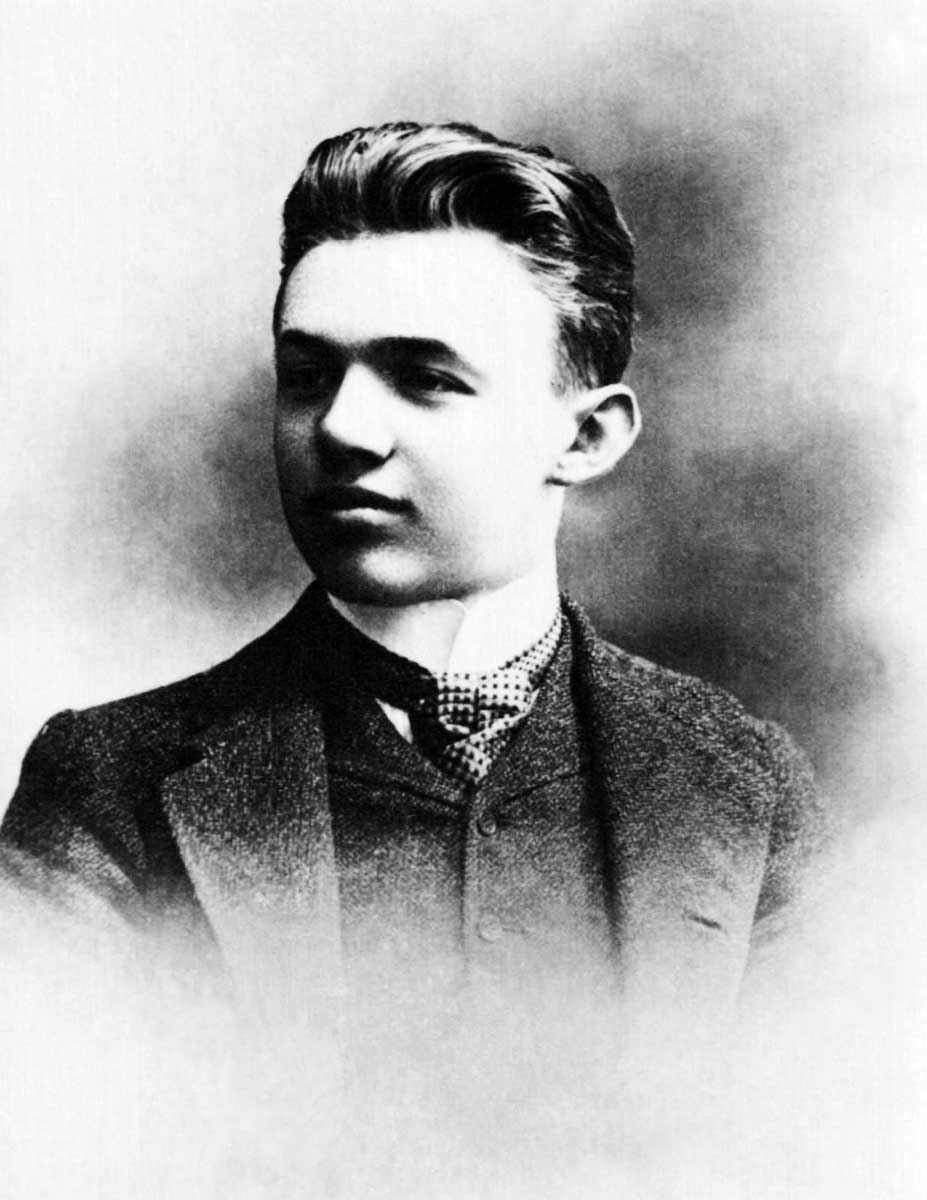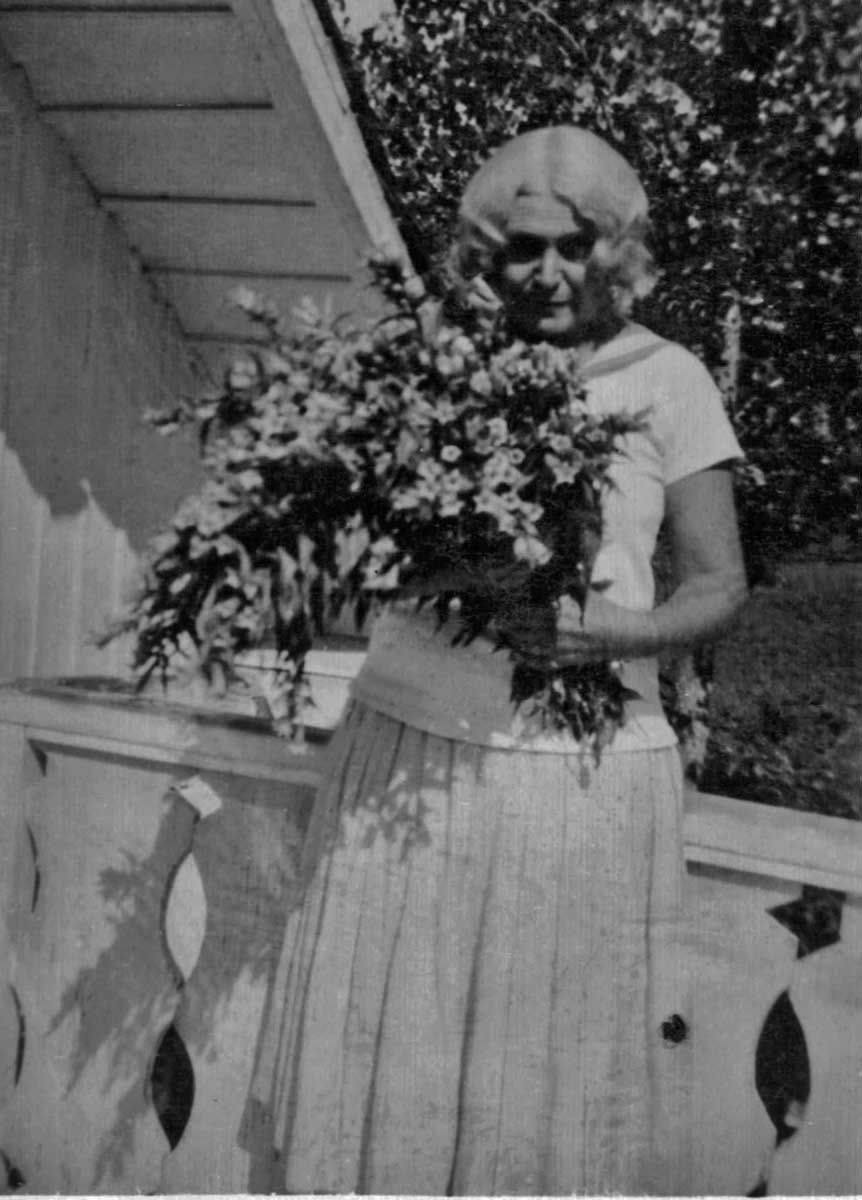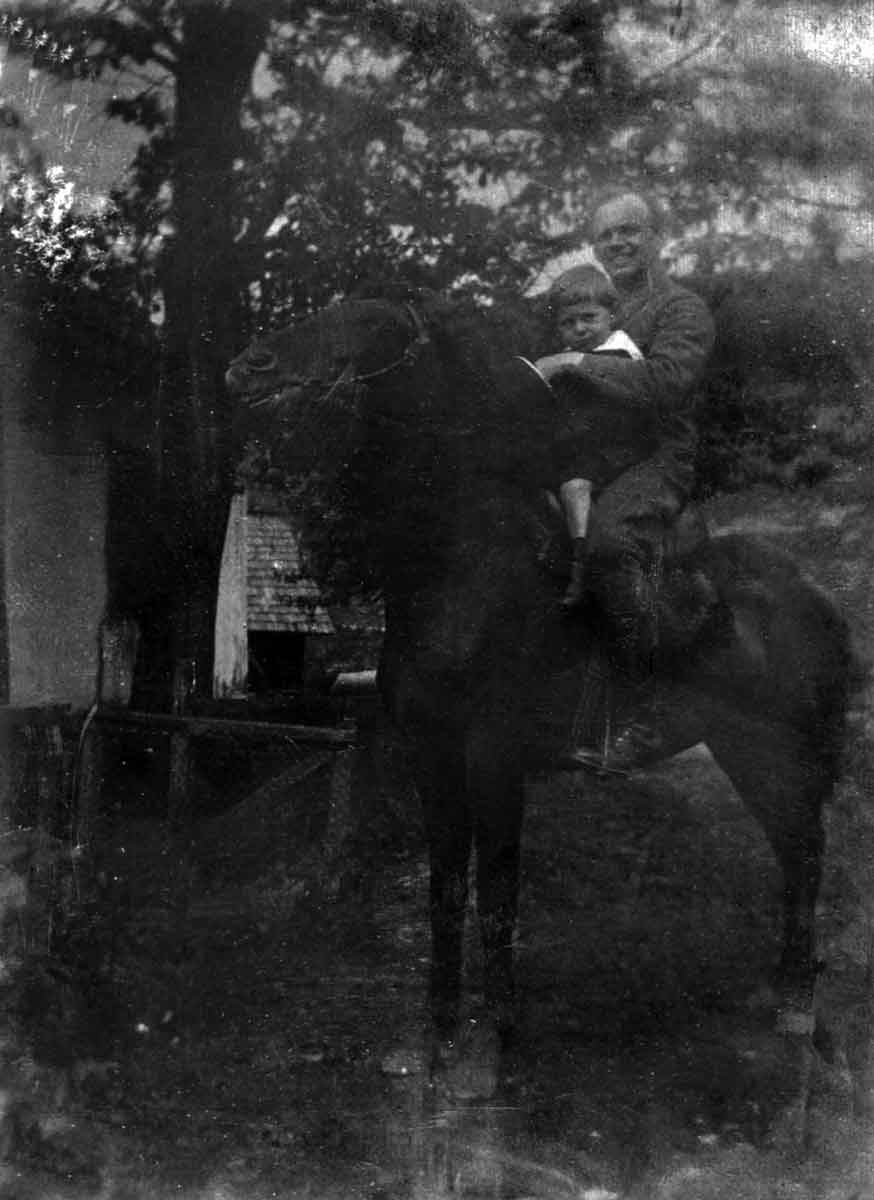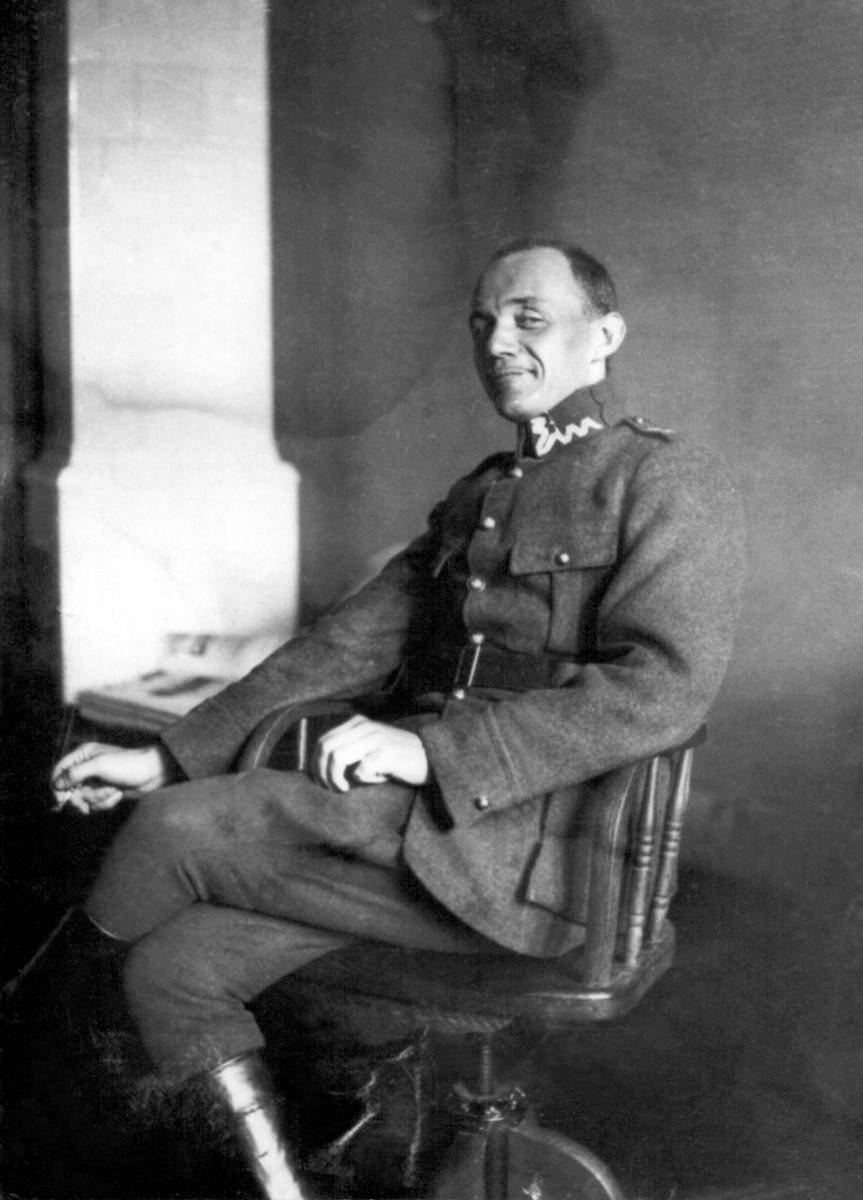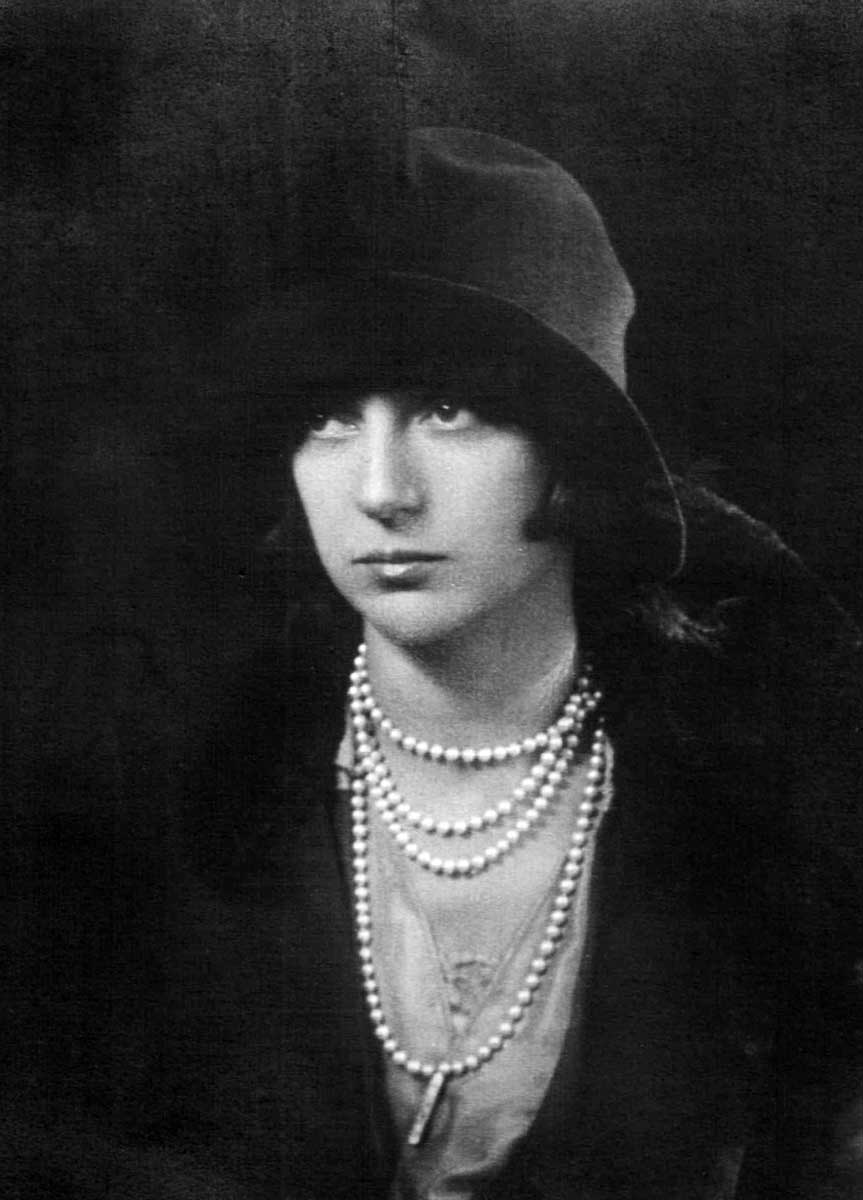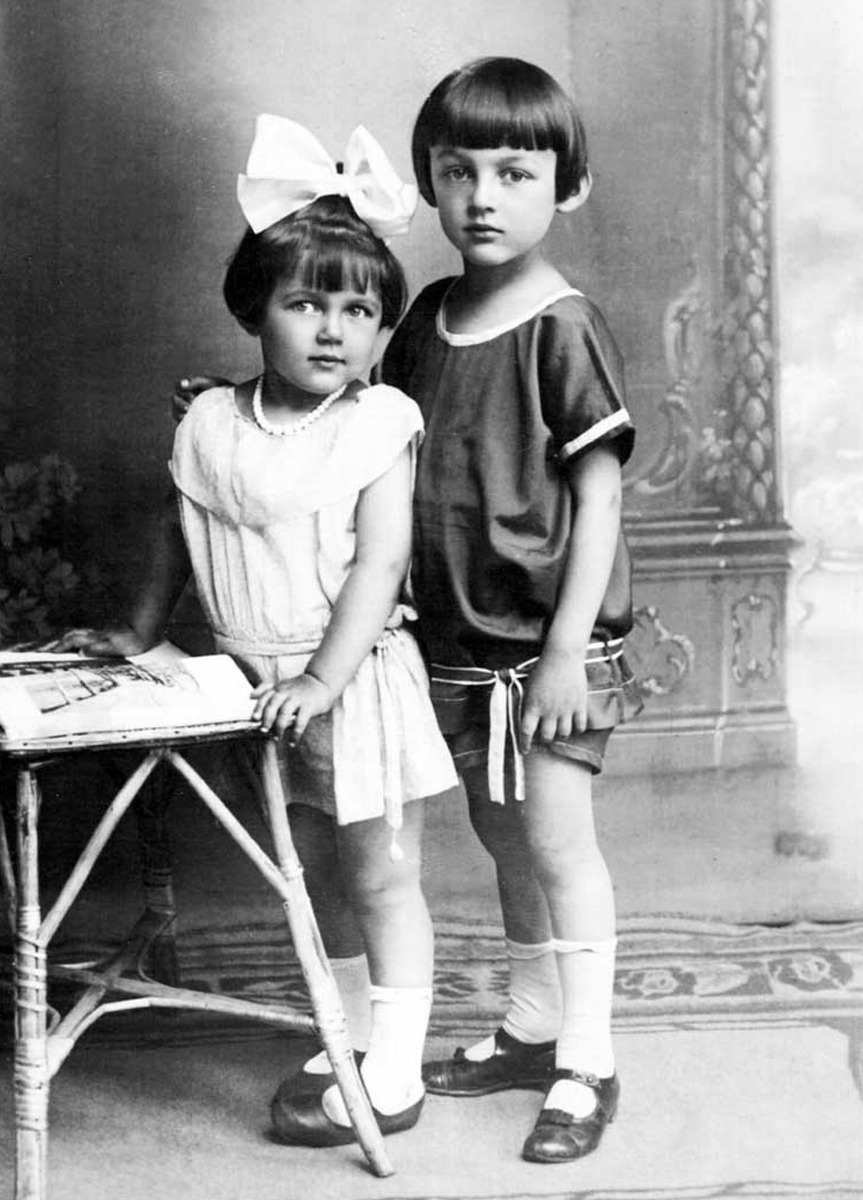Dialog on Soul and Fate
Stanislaw Vincenz (1888—1971)
VIENNA—LVIV—WARSAW
ABOUT EXHIBITION

Stanisław Vincenz at the end of secondary school, 1906
“Rise O days from your fathomless deeps, till you loftier, fiercer sweep,
Long for my soul hungering gymnastic I devour’d what the earth gave me,
Long I roam’d amid the woods of the north, long I watch’d Niagara pouring,
I travel’d the prairies over and slept on their breast, I cross’d the Nevadas, I cross’d the plateaus,
I ascended the towering rocks along the Pacific, I sail’d out to sea,
I sail’d through the storm, I was refresh’d by the storm
Yet there with my soul I fed, I fed content, supercilious.
‘Twas well, O soul—’twas a good preparation you gave me,
Now we advance our latent and ampler hunger to fill,
Now we go forth to receive what the earth and the sea never gave us,
Not through the mighty woods we go, but through the mightier cities.”
Walt Whitman — this poem was translated into Polish by Stanisław Vincenz in 1921
In Vienna (1906—1914), Stanislaw Vincenz studied biology, law, Slavic studies, Sanskrit, and psychiatry (he attended lectures by Sigmund Freud). In 1914, he defended his doctoral dissertation devoted to Hegel’s philosophy. In the years 1911—1912 he did military training, culminating in an officer’s exam. In 1912, he married a Russian woman from Yalta, Helena (Lena) Loeventon. During World War I, he served in the infantry of the Austrian army — he fought on the Italian front in 1915. In 1919, he volunteered for the Polish Army, and then took part in the Polish-Bolshevik war.
Lena Vincenz on the terrace of the house in Słoboda Rungurska, 1936
Stanisław Vincenz with his son Stanisław Aleksander, Słoboda Rungurska, 1918
Stanisław Vincenz as an officer of the Polish Army, 1920
“There is still the scream of dying battalions within me
And the memory of the crash of falling thrones.
I still have gas and gunpowder in my lungs and the fire
of the world that chokes every word in my throat.
There is still a dark day like a black nightmare
lying on my chest.
I’m still struggling”.
Józef Wittlin, Przedspiew [Prelude], 1922
“I have not been a Lwów citizen, I have never lived in Lwów for a longer time, I have never felt a Lwów citizen. I have had my reservations against Lwów on many occasions. I did not like it directly as the Galician capital or as a pretentious island with Polish exclusivity. Therefore maybe, I stayed at the university in Lwów for only one semester of 1908 to 1909, and at the end of the semester I “ran away”. Only after the war, when – as it was proclaimed – Lwów began to fall, I looked at Lwów and then got to like it, not the official or even official-national Lwów, but the Lwów as it was, authentic, regional, with no pretensions”.
Stanisław Vincenz, Start w przyszłosc [The Start into the Future], 1962
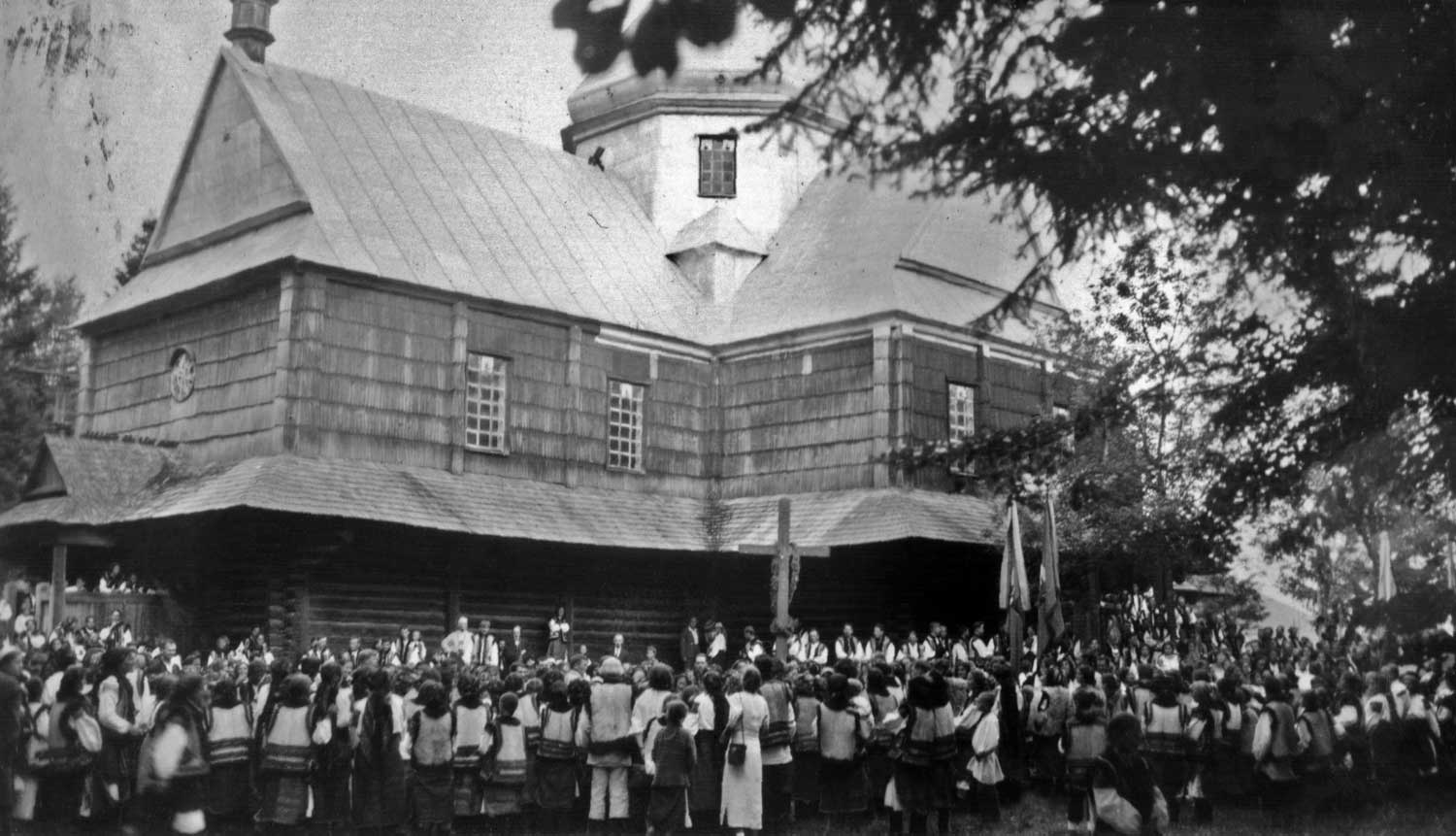
A feast in Żabie-Ilcia, ok. 1930
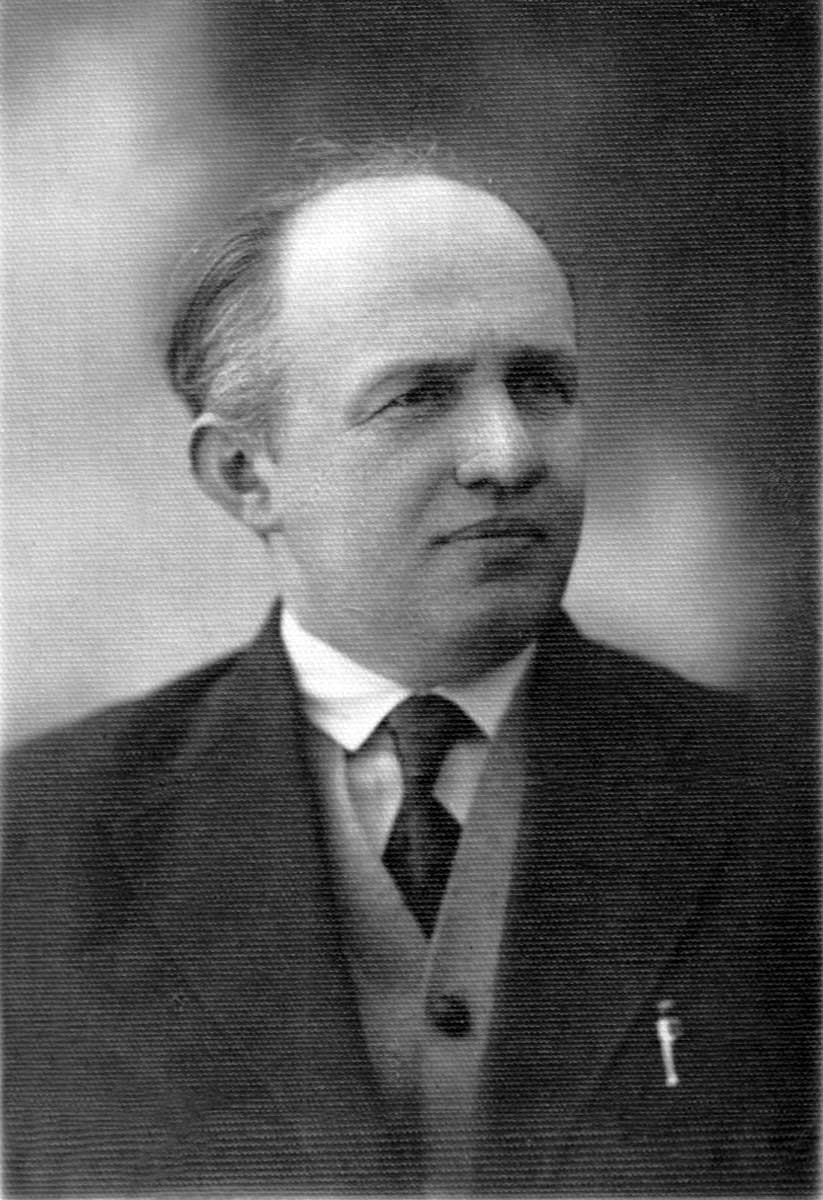
Stanisław Vincenz, Lwów, 1931
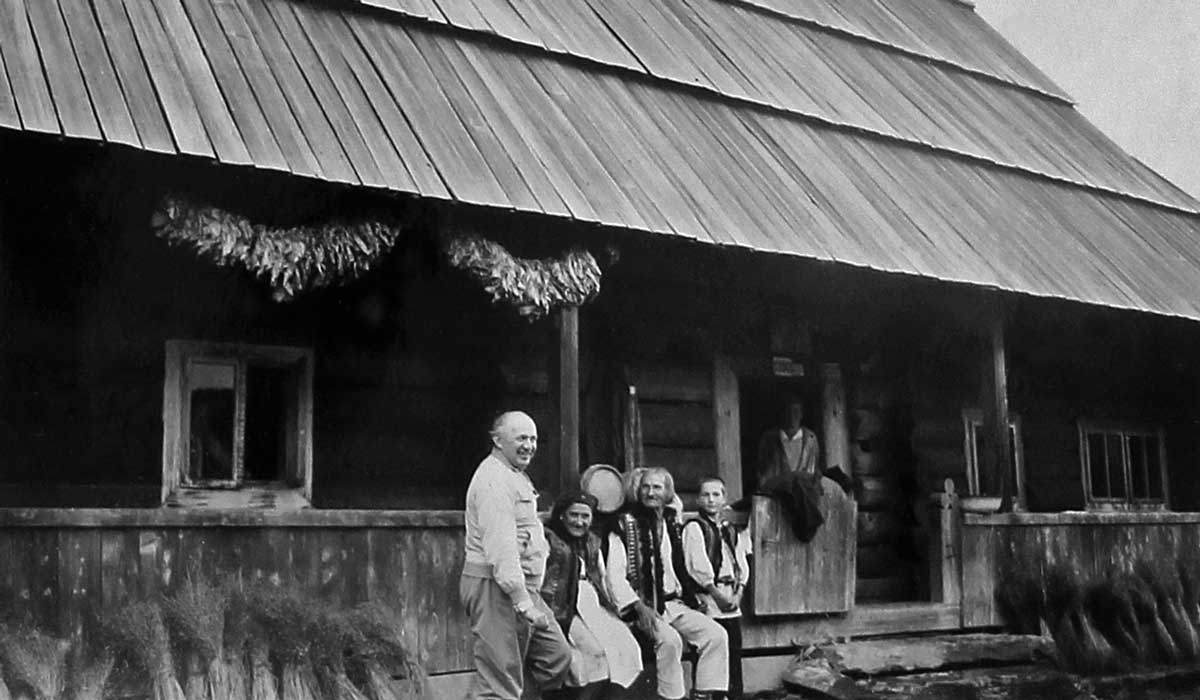
In front of the Hrabczuks’ house, Żabie, 1936
In Lwów he met his second wife Irena Eisenmann, whom he married in 1923. In 1926 or 1927, the family moved to Warsaw. From 1924, Vincenz permanently collaborated with, and in the years 1927–1928 he was its editor-in-chief, the leading magazine of Józef Piłsudski’s supporters – the monthly “Droga”. Disappointed with Piłsudski’s policy after the May coup, he quitted the job. In 1930, he left Warsaw with his family and moved to Vorokhta, and soon after that he settled down in Bystrzec in the Hutsul region. The crude oil field in Słoboda Rungurska provided a livelihood.
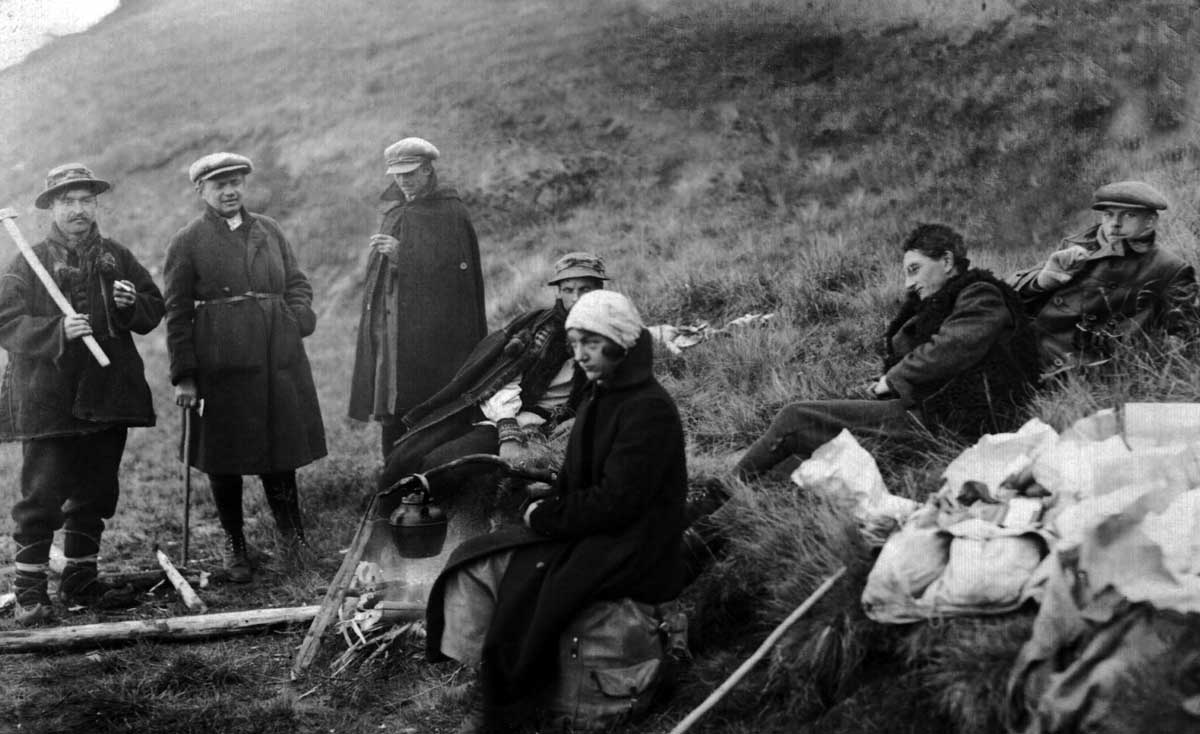
With friends in Chornohora, 1925
Irena Vincenz, 1927
The children of Irena and Stanisław Vincenz: Andrzej and Barbara, Milanówek, 1927
“As a consequence of my outdated “views from a backwater town”, as one of my nationalist friends mocked, at the moment which seemed to be historically decisive, out of the conviction, or, it must be said, out of obstinacy, I did not take part in the defence of Lwów, or later in the Polish-Ukrainian civil war, neither in its hot phases nor in the cold ones. By the nature of things, however, I still kept company, I even made friends, with people from both sides of the “front”, because they were my mates, sometimes relatives, sometimes people close to me”.
Stanisław Vincenz, Polityk niepolityczny [A Non-political Politician], 1959
